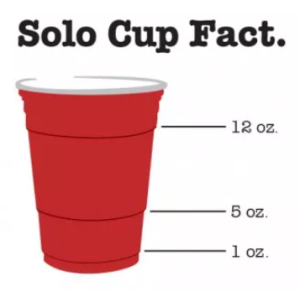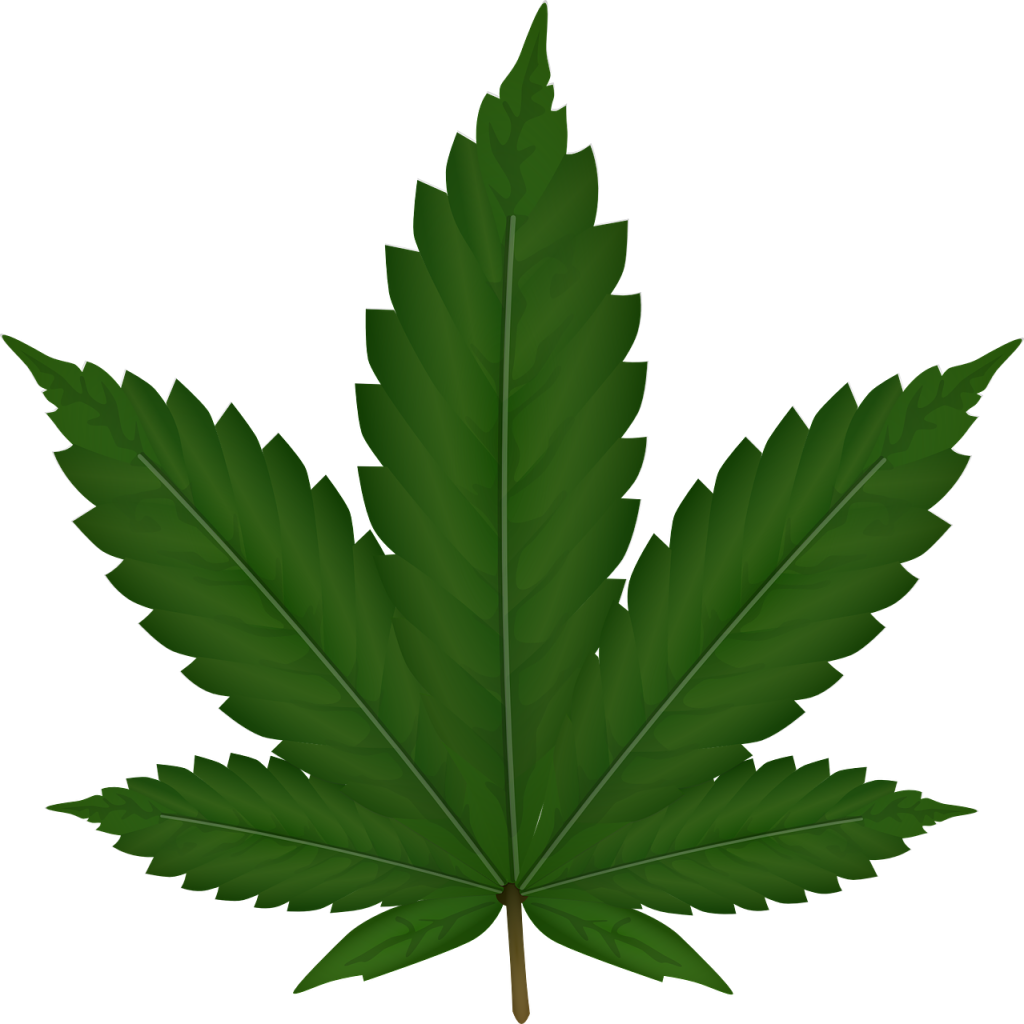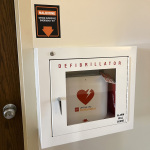
The past several years have presented significant challenges for many & we care about your health and wellbeing during this period of uncertainty and adversity. During times of heightened stress, some people turn to alcohol and drugs to try to manage or cope with their stress and anxiety. If you need help, we want you to know there are resources available.
What We Do
We are an on-campus program that works to support our community and to ensure the safety, success, and well-being of K students through:
How to Respond in an Emergency
Steps to Respond
- Call 911. Explain to the operator that someone is overdosing and tell them the substance(s) that this person took, if you know what they were. If the person is unresponsive and/or not breathing, they will give you instructions and walk you through what to do, which may include cardiopulmonary resuscitation (CPR) and rescue breathing.
- If you suspect that the person has overdosed on opioids, administering Narcan (naloxone) can often reverse the overdose and save a person’s life. It will have no effect if there aren’t opioids in the person’s system. If the person experiencing a suspected overdose does not respond within 2 to 3 minutes after being given naloxone, a second dose should be given. In some instances, the life-saving effects of naloxone can wear off while opioids are still in the system, so it is important to have the person who is overdosing assessed by a medical professional as soon as possible – even if they receive Narcan.
- Stay with the person until help arrives.
Amnesty/Good Samaritan Laws and Policies
MCL333.7403
This law protects a person from prosecution for possessing a controlled substance in an amount sufficient only for personal use when seeking medical assistance for themselves or another person due to an overdose or other medical emergency related to substance use. Immunity is not granted for other violations under this law.
MCL333.7404
This law protects a person from prosecution for using a controlled substance in an amount sufficient only for personal use when seeking medical assistance for themselves or another person due to an overdose or other medical emergency related to substance use. Immunity is not granted for other violations under this law.
MCL333.17744
A person that administers an opioid antagonist to an individual who he or she believes is suffering an opioid-related overdose and that acts in good faith and with reasonable care is immune from criminal prosecution or sanction under any professional licensing act for that act.
MCL436.1703
This law protects a minor (an individual less than 21 years of age) from prosecution for purchasing, possessing, or consuming alcohol for personal use when seeking medical assistance for themselves or another person due to an overdose or other medical emergency related to substance use. It also protects a minor who accompanies someone who seeks medical assistance.
Kalamazoo College
Amnesty for Students Seeking Assistance During Emergencies
The College will not pursue disciplinary action through the student conduct process for violations of the alcohol and other drug policies for students who seek medical assistance for themselves or others for significant intoxication or injury as a result of alcohol or other substances (including legal and illicit drugs). More details can be found at Amnesty for Students Seeking Assistance During Emergencies – Student Development | Kalamazoo College (kzoo.edu).
Symptoms to be aware of…
Alcohol Poisoning
Do NOT wait for all symptoms to be present to seek help.
Alcohol Poisoning is a serious– and sometimes deadly– consequence of drinking large amounts of alcohol in a short period of time.
Signs:
- Pale Skin
- Slow Heart Rate
- Vomiting
- Passing out or inability to be woken up
- Irregular breathing (10 seconds or more between breaths)
- Slow breathing (fewer than 8 breaths per minute)
- Confusion
- Seizures
- Low body temperature
- Clammy skin
- Difficulty remaining conscious
Drug Overdose
Do NOT wait for all symptoms to be present to seek help.
Opioid Overdose
- Loss of Consciousness
- Markedly constricted or pinpoint pupils
- Breathing difficulties (slowed, labored, and/or irregular breathing)
- Respiratory arrest (completely stopped breathing)
- Choking, gurgling, or snoring sounds
- Blue or purple lips or fingertips
- Being unresponsive to loud noises, shaking, or painful stimuli
Benzodiazepine Overdose
- Profoundly impaired mental status
- Marked confusion
- Slurred speech
- Slowed, labored breathing or respiratory arrest
- Coma
Stimulant Overdose
- Dangerously increased body temperature
- Hyperventilation or rapid breathing
- Rapid or irregular heartbeat
- Very high blood pressure
- Devastating cardiovascular events (e.g. stroke, heart attack, circulatory compromise)
- Panic
- Hallucinations
- Paranoia and other features or psychosis
- Aggressive behavior
- Seizures and convulsions
How to Stay Safe and Be Responsible
A lot of times we hear these phrases “Be Safe” or “Be Responsible”, but what does that mean in relation to drinking or drugs?
Get started by:
- Knowing the amounts and effects of alcohol
- Knowing the amounts and effects of cannabis
- Reviewing the checklist to make safe choices
Amounts and Effects
Alcohol Amounts and Effects

- Do the Math
- one drink = 12 oz. beer
- one drink = 4 to 5 oz. of wine
- one drink = 1 oz. of hard alcohol
- Our body metabolizes approximately one alcoholic drink per hour—there is no way of speeding it up
- High Risk drinking is defined as consuming five or more drinks on one occasion
Cannabis Amounts and Effects

- Do the Math
- 1-3 hours for full effect
- 4-6 hour duration depending on THC level
- Edibles are highly potent and can have a greater risk for negative effects
- Use slowly and in a safe environment
Make Safe Choices
Before you go out:
- Choose a friend or group of friends to go with.
- Plan! Where are you going, who are you meeting, and how are you getting home?
- Charge your cellphone.
While you’re there:
- Alternate non-alcoholic beverages with alcoholic beverages or abstain from drinking alcohol altogether.
- Check in with each other throughout the night to make sure everyone is feeling good and having fun.
- Never leave a drink unattended.
When the party’s over:
- Don’t let an intoxicated friend go home with a stranger. If you wouldn’t let your friend drive drunk, don’t let them leave with a stranger drunk.
- Check in to make sure everyone got home safe. If you can’t reach one of your group members, get help.
- If someone at the party/bar/club behaved in a way that made you or others feel uncomfortable or unsafe, talk about it. Support others who bring up these issues.

